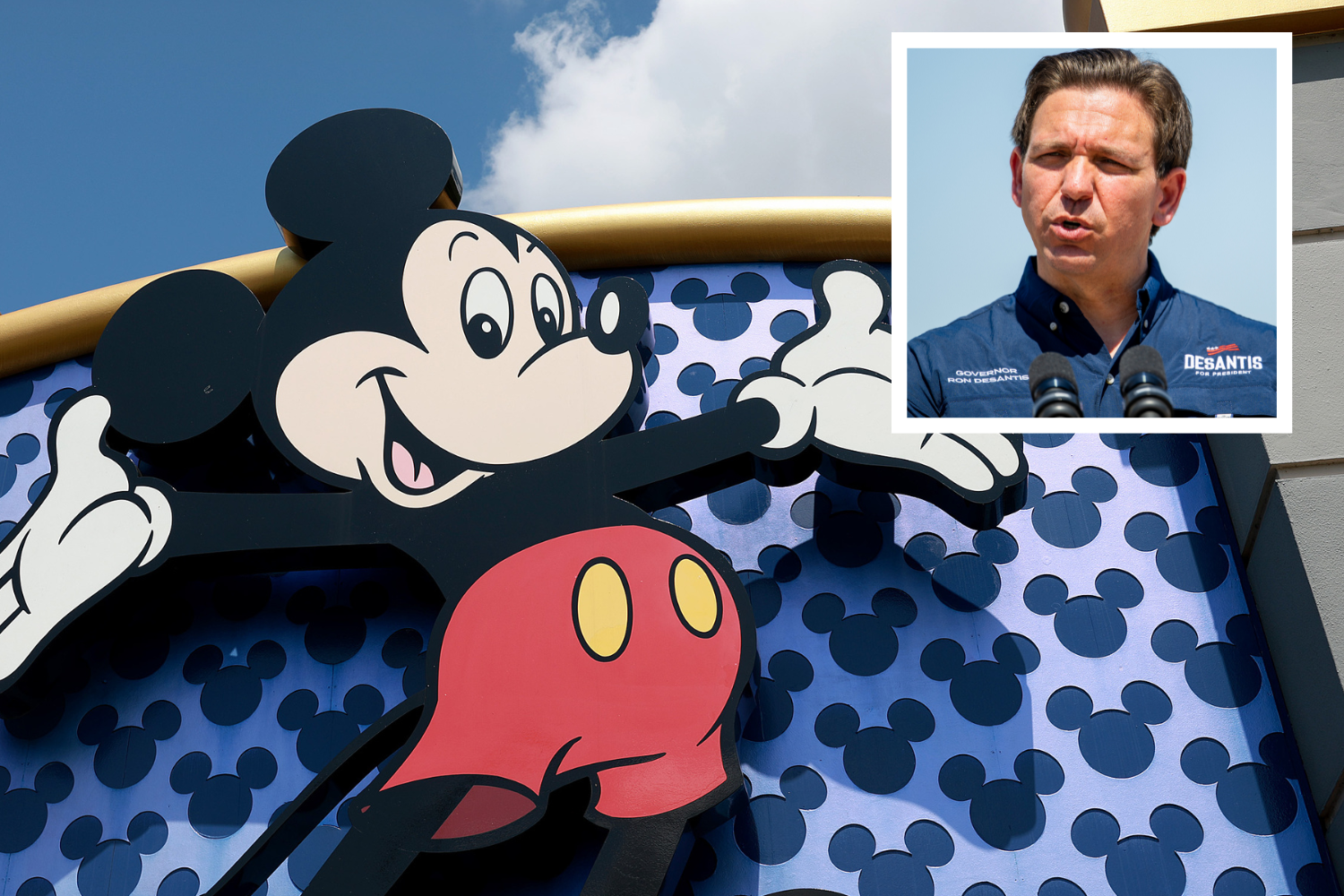Actually, what Caleb is saying is true. I mentioned this on another thread, but I work for another streamer and yes, all the data we get (focus groups, test screening responses, early responses on script reads, etc.) all point to the desire for more representation on screen from audiences. There's also a plethora of data available to us that indicates how Black and Latino audiences are the greatest growth opportunity in viewership as they're the last audience of value that can still be migrated from cable/broadcast to streaming. Despite the press, it's still an acquisition/SOV game we're playing here, and so the (data-supported) story here is in order to grow SOV, develop content that appeals to DEI targets.
The key here though - and something Disney overstepped on - is the content must still be broadly appealing to be successful. And the key to that success is simply telling a good story. Walden's note that the well-written script was thrown out simply because it relied on the supporting neighbor being Black trope I think is valid, but it makes me question what about the story made it necessary for the main character to be white and the supporting cast Black? Why did that have to be the case in the first place? Makes me question if "well-written" doesn't equate to good in this case, frankly.
I think to say the approach isn't working is disingenuous. Take Strange World. Had the political climate been not so polarized, had the word "woke" not been coded and weaponized to refer to anything non-White, had Hollywood and Disney not hung their hat on the main character's sexuality, would the movie have done well?
When DEI audiences say they want representation, they don't mean simply check a box.

